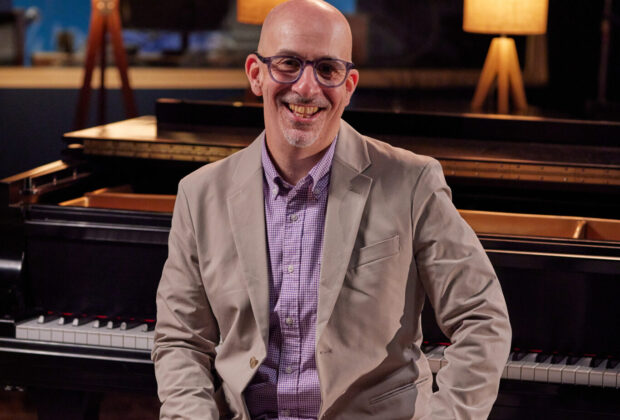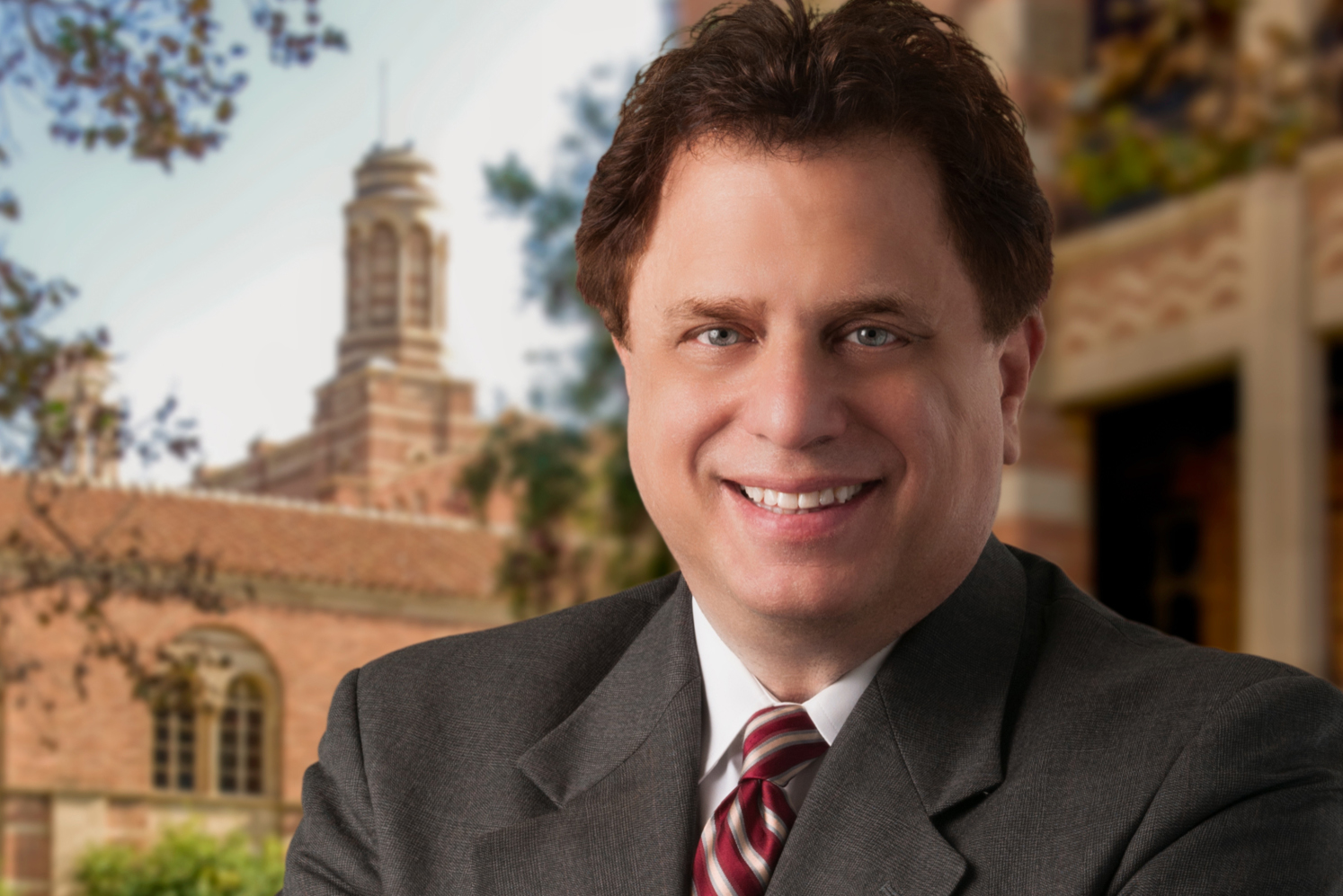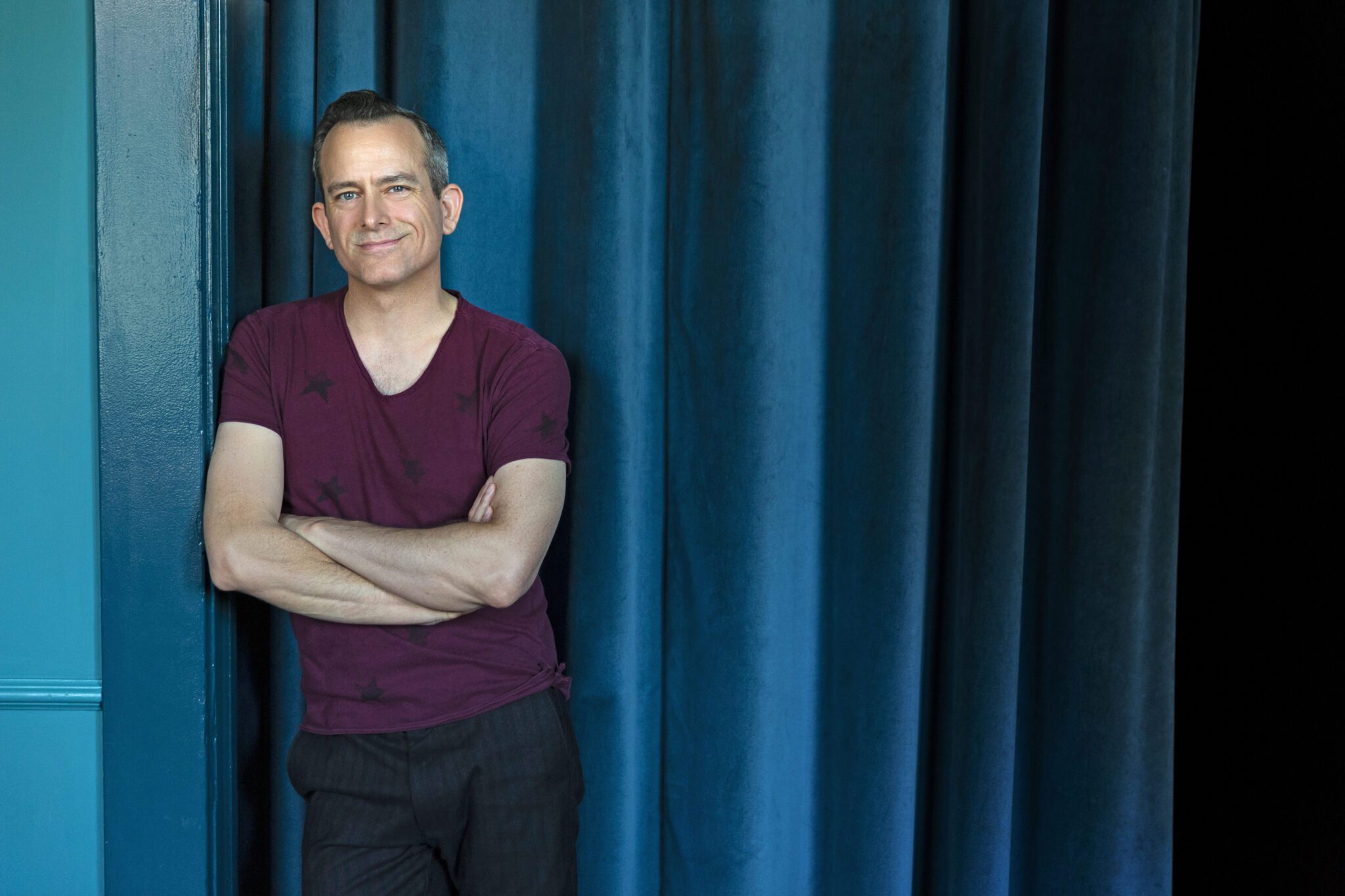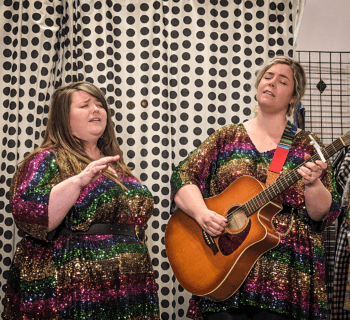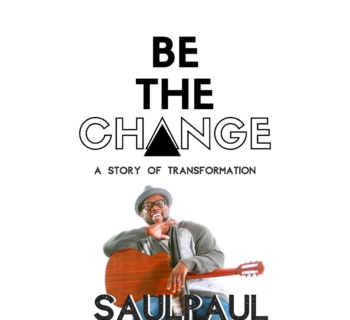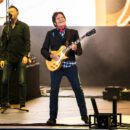Spiritual Sounds
Immersed from age three (both parents were musicians), Peter Martin began classical training on the violin and piano before switching over to jazz. Best known as pianist and Musical Director to Dianne Reeves, Martin toured as a member of Chris Botti’s band and with Christian McBride, and performed with Terence Blanchard, Betty Carter, Roy Hargrove, Ellis Marsalis, David Sandborn, and Stanley Turrentine. Credits include recordings with Victor Goines, Johnny Griffin, Wynton Marsalis, Nicholas Payton, Joshua Redman, Rodney Whitaker, and others, performing at the White House in 2011, and a GRAMMY for 2016’s Steve Reich.
Martin says music has always been about a spiritual connection. “I didn't realize it until recently, but it always felt like that. If you're part of a religion, you feel joy, meaning, connection with something bigger—and a sense of service,” he says. “I always love listening to music and being part of it, but we're very much serving the audience.”
Often approached for advice on tour, and receiving video clip requests from students, Martin started a video podcast that grew into online lessons in 2011. After growing demand, he joined forces with colleagues to record material and teach remotely, launching Open Studio in 2015. International members— many without access to a teacher, studying over lunch breaks, or wanting to explore—form a passionate jazz community of over 30,000.
“I had all this jazz education, privilege and access,” says Martin. “This was really just putting together video lessons. [I wanted] a community where people can meet, gather, appreciate, learn about jazz, and geek out.”
Martin’s approach to jazz is refreshingly different. “There is an invitational accessibility, but we didn't dumb down the music,” says Martin. “We're trying to do it as well as we can and make it entertaining, but not just entertaining. You can tap your foot to it. If you want to go deeper and listen to it again, maybe you’ll find more meaning. We want it to be deep. We want it to be impactful. We want it to be spiritual. We want to elevate you as you're listening.”
The key to good music is having guardrails: knowing what you need, with who, and by when. “We can lean into things that not only come naturally to us as jazz musicians,” says Martin, “but what listeners find exciting about the genre: improvisation. The more space there is, the more magic can happen.” Carter taught him to commit to continual improvement. “I think sometimes in the creative world we get so casual. To have commitment to excellence and figure out how to fold that in with creativity [is] a really magical space. It’s got to be exceptional, top-shelf, A-plus work.”
Exploring patterns at the piano to see where they take him, Martin moves in and out of seasons of writing, but remains deadline-oriented on projects, conveying a story without words by remaining structural. Including elements of tension and release between the melody, harmony and rhythms, he aims to keep the melody in listeners’ minds.
“If you're a songwriter, it’s [about] trying to make that spiritual connection with something bigger than yourself in art form, then creating something for people that will uplift their life in some way. The mathematics behind chord changes—it's hard—but a spiritual connection is a lot harder. Musicians and creatives are worried A.I. is going to take over. No—this is a perfect opportunity for us to delineate what we do because people want spiritual connection. They need it.”
Inspired by saxophonist Sarah Hanahan‘s 2019 Kennedy Center performance, Peter Martin & Generation S (2023), features all new music performed live, recorded in one take.
Contact jon@prospectpr.com;
Visit petermartinmusic.com, openstudiojazz.com
Photo by Amy Schromm

